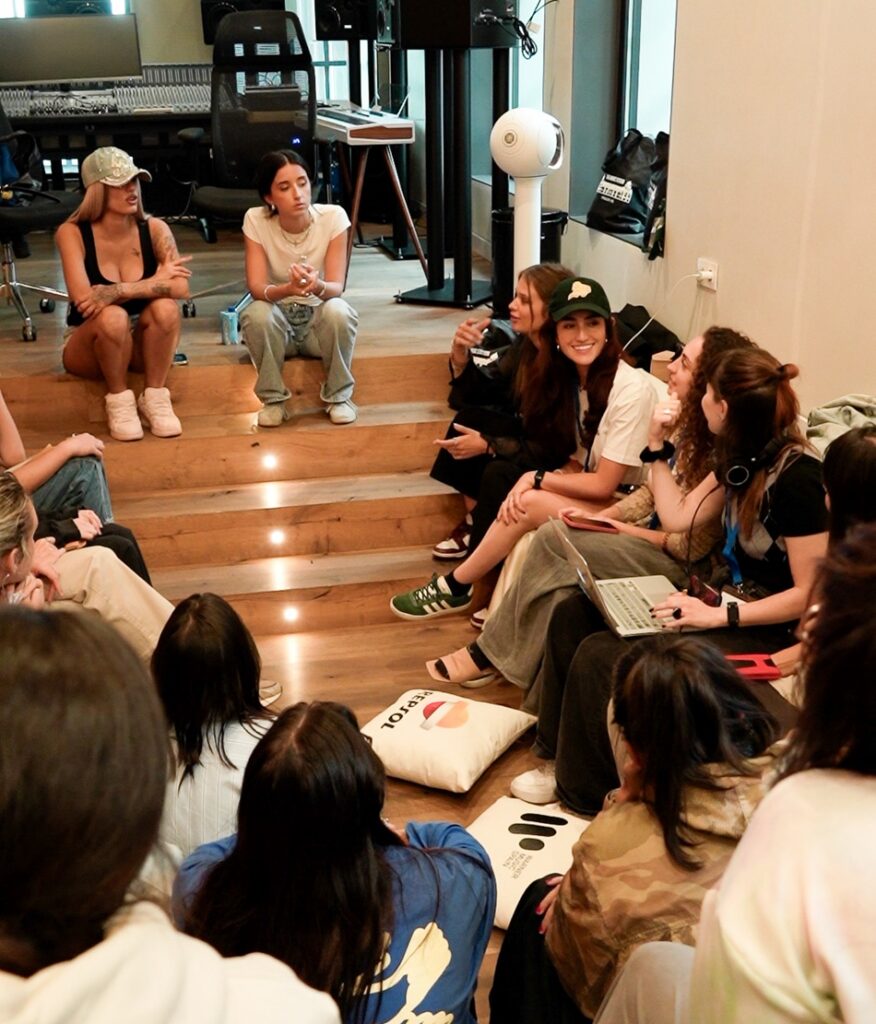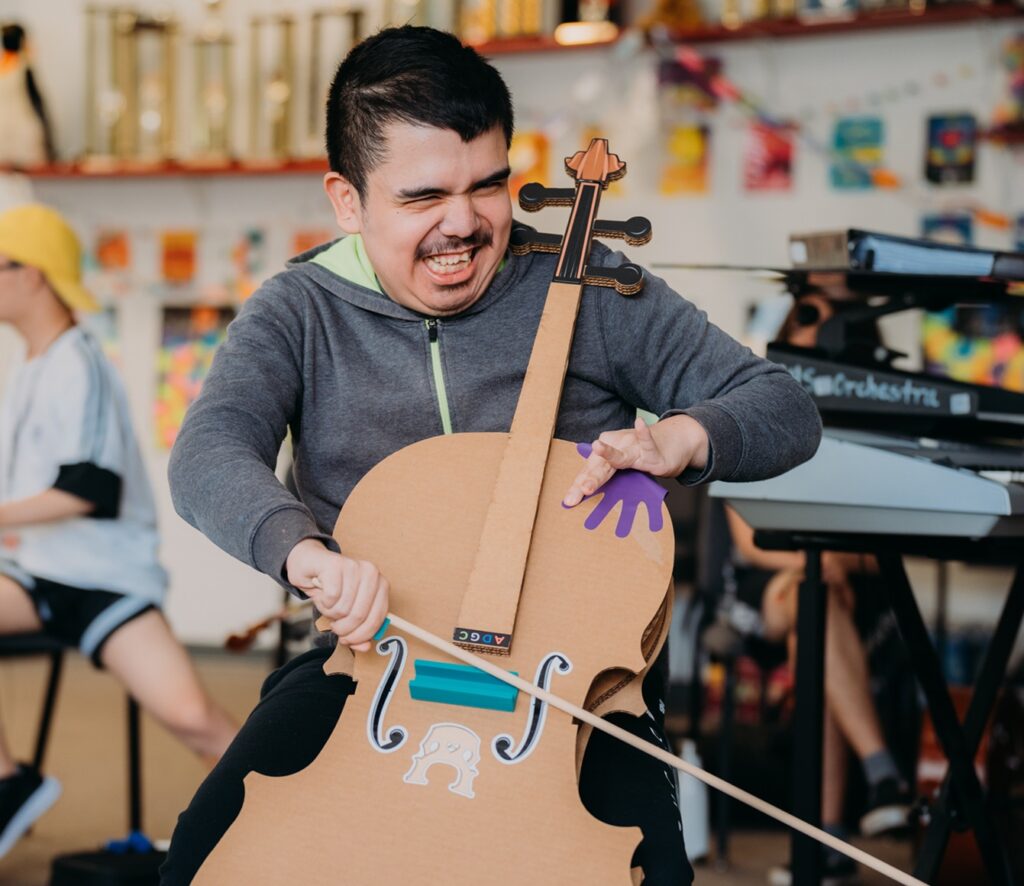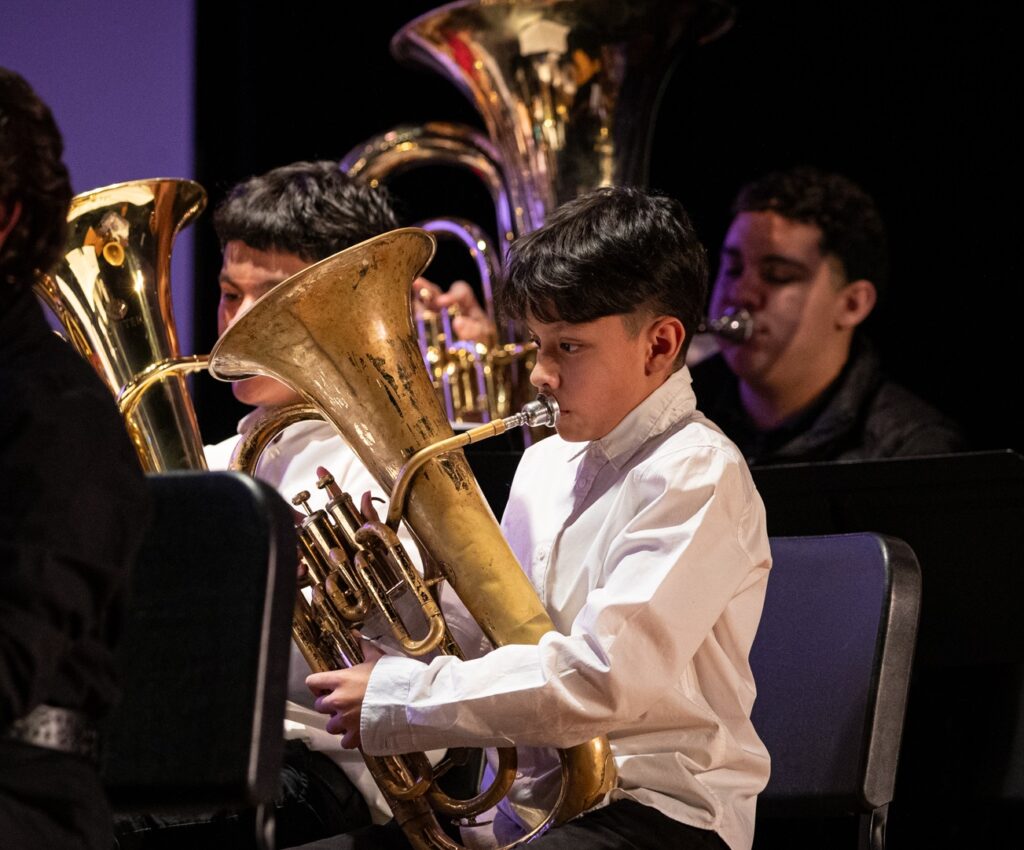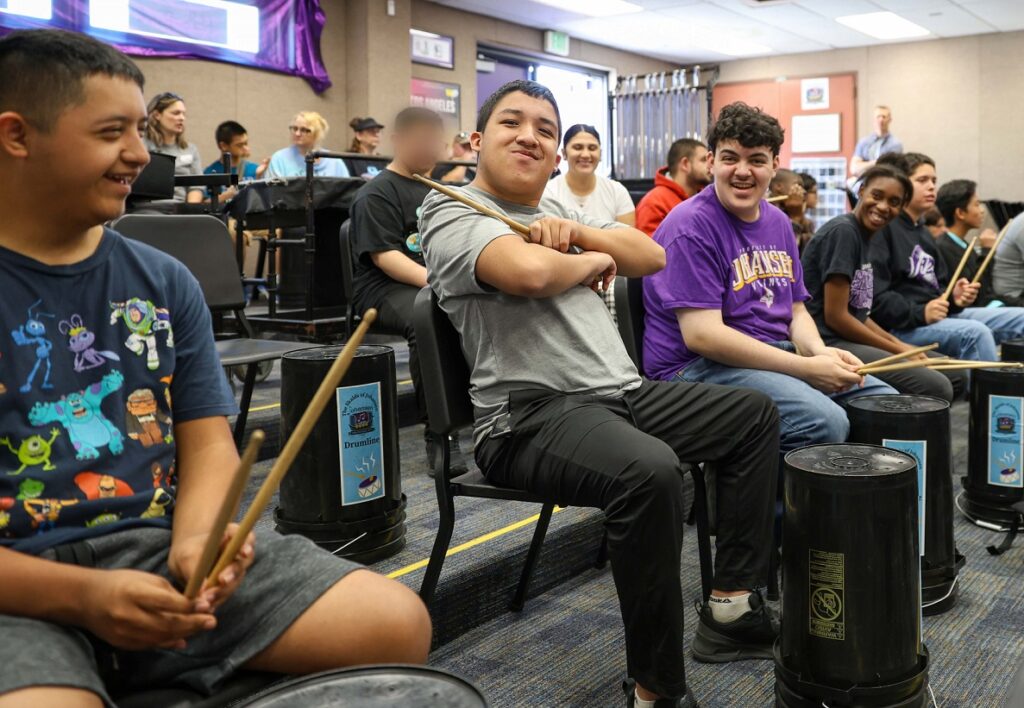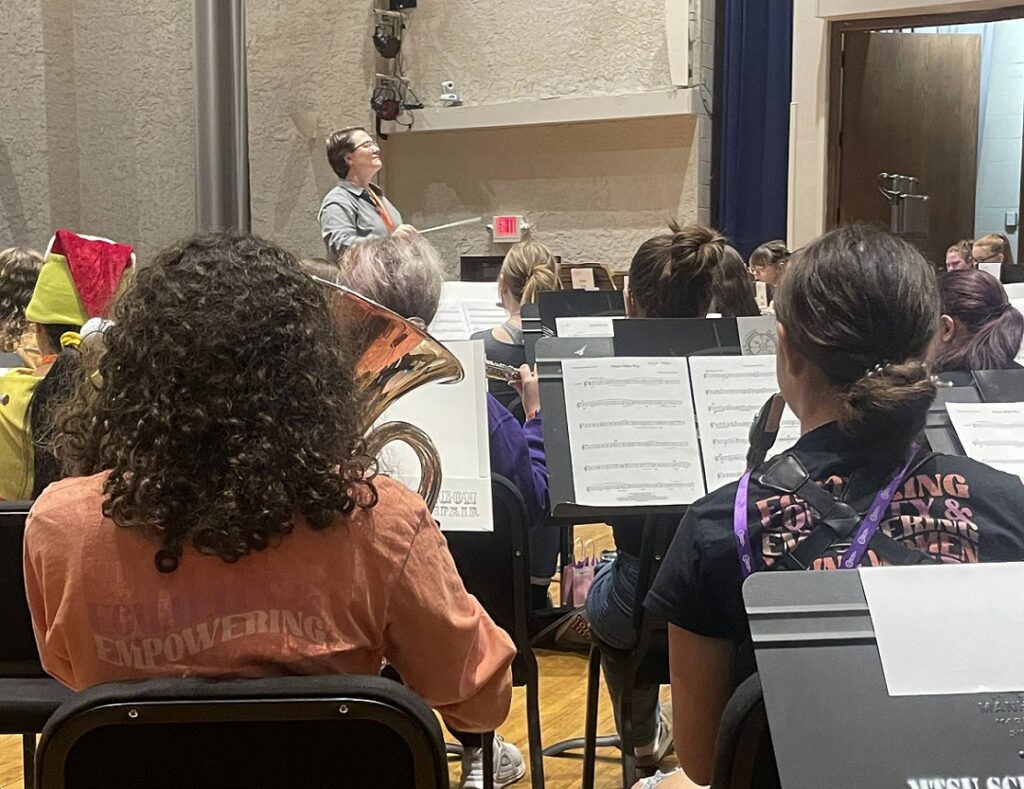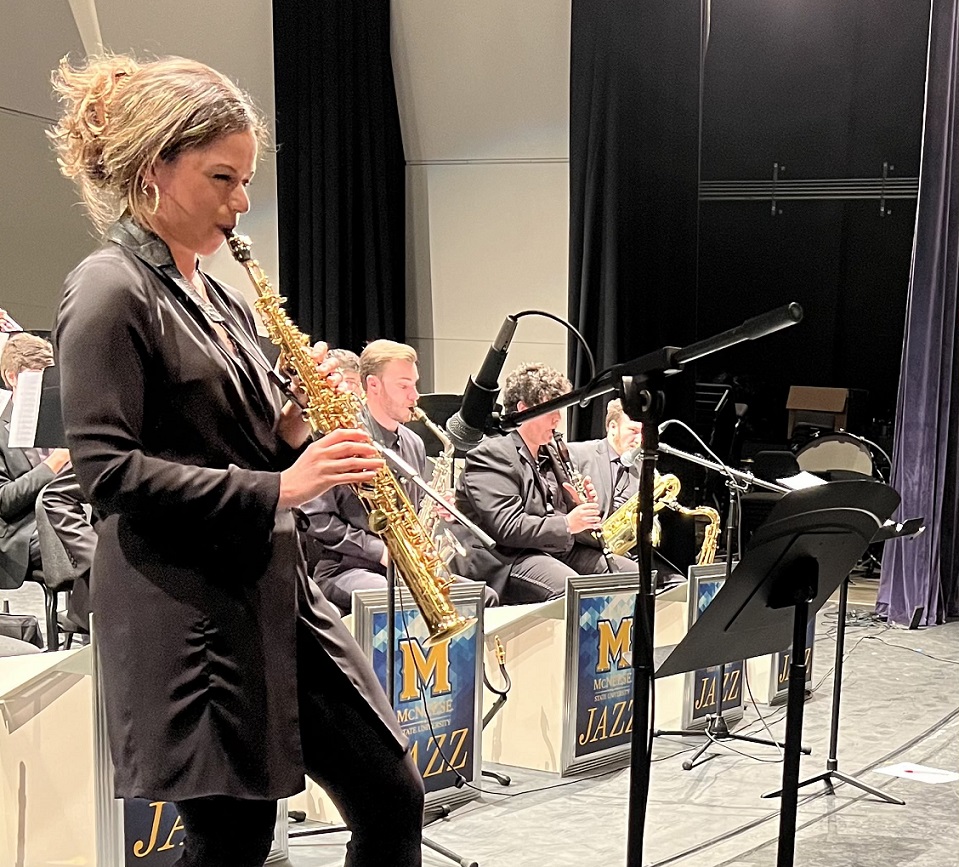Tagged Under:
A Black Piano Professor Finds Her Voice and Mission
Music was always an integral part of Dr. Leah Claiborne’s life, but as she got older, she began to question what a Black girl like her was doing studying the music of dead white male composers.
As a child, Sunday mornings were my favorite part of the week. My mom always let me wear my favorite dress to church where I would sit as close as I could to the church pianist to see her fingers work magic as she led the congregation in song.
When we returned home, I knew my ears would be met with the sounds of Coltrane, Quincy Jones and Miles Davis. My dad created his own musical sanctuary, playing records on his turntable. Music was such an integral part of my life well before I ever decided to start taking music lessons.
Musical Inspirations
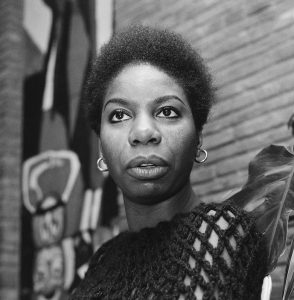
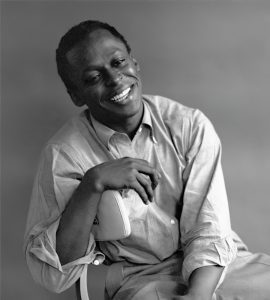
After church, I would sit with my dad and look at the pictures on these old record albums. He would give me a history lesson on all the artists, and I took it all in the way any 4-year-old could. But the voice and sound that he never needed to identify for me was that of Nina Simone. I was captivated by her piano playing and haunting voice, and I was enchanted by her majestic photos. I loved the stories of her activism and felt her music served as a time capsule that marked a significant turning point in American history. “It is an artist’s duty to reflect the times,” Simone once said.
I told my dad that I wanted to be Nina Simone. He responded by putting me in classical music lessons. Every week, multiple times a week, I took classical piano lessons and learned Bach, Beethoven, Mozart, Rachmaninoff, Chopin and Liszt. I especially loved Bach and felt I was on the right path with my pursuit of following in Nina Simone’s footsteps because she said, “Bach made me dedicate my life to music.”
I loved performing and participating in piano competitions. As I got older and began to navigate this space of classical music, I began to question what a Black girl like me was doing studying the music of dead white male composers? And what exactly do I have to say about it?
THE YAMAHA EDUCATOR NEWSLETTER: Join to receive a round-up of our latest articles and programs!
Finding My Voice
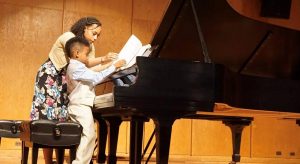
I studied classical piano music in a conservatory and major university for more than 20 years, but I constantly questioned my place in this industry where people who looked like me were not only not celebrated, they weren’t even mentioned or included as part of the curriculum.
This all began to change once I entered graduate school at the University of Michigan, a time in my life when I was longing to find my voice. Fortunately, I had incredible educators who encouraged and helped nurture my musical talents. I began to research the contributions of Black composers, specifically in classical piano music. I was shocked with the amount of music that was readily available but not being utilized.
I realized very quickly that I wanted to dedicate my time to researching how the music of Black composers could be used at every stage of development in piano studies, and more broadly, how the compositions of Black composers could be utilized in curriculum development for music education.
Rummaging through Graveyards
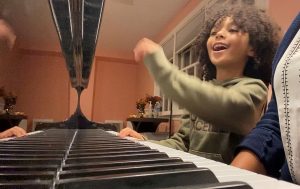
I set out on a path of discovery not knowing what I would find, but I was fully committed and assured for the first time that I found a place to make an impact in this industry of classical music that I loved so much. My first encounter with realizing how much music was available by Black composers was during my first trip to the Center of Black Music Research in Chicago.
Astonished and overwhelmed with the amount of music in this archival library, I was also deeply saddened because as I continued to visit other research facilities, I often felt as if I were rummaging through graveyards of scores. These scores had died with the composer, and no one had bothered to unearth them and celebrate their existence.
I quickly learned that my issue would not be about finding enough music, my challenge would be what to do and how to organize all my findings. I thought back about my own upbringing and thought to myself, “What would life be like for me, a Black girl studying classical music, if I had been aware of how much piano music was written by Black composers?”
For me, it became urgent and clear that I wanted to find music that could be utilized through pedagogical purposes at every stage of a child’s musical development. In doing so, a student would be made aware that there was and still is music being written by Black composers at the very beginning levels as well as at the most advanced levels of music education.
This is especially important because the music we use and deem as most important at the beginning stages of music development creates an expectation as to what we should expect to learn in the later stages of our musical journey. When we allow our students to experience diverse literature at the early stages of learning, we are modeling that they should seek out and value diverse literature at their advanced levels.
Finding My Mission
Whenever I speak, give lectures, perform or write articles on the contributions of Black composers in classical music, I like to discuss the pedagogical benefits that both teachers and students will gain from incorporating the music into their repertoire. Oftentimes, these composers have tackled technical and musical challenges for the budding musician in such a profound and unique way. By focusing on all the different ways a student will benefit from learning, there can be no denying the importance that this music brings to music education.
It has been important to me to continuously think of measurable and broad impact throughout my work. In doing so, I have partnered my research and efforts with some important arts organizations that share the same desire to build more inclusive pedagogy for music education. For example, as the Director of Diversity, Equity and Inclusion for the Frances Clark Center, I have created a course titled “Unsung Heroes: 20 Piano Pieces by Black Composers for Every Skill Level.” This course offers recordings, articles and pedagogical support with teaching piano music by Black composers.
 I have also created a partnership with my non-profit organization, Ebony Music, Inc. and Music Teacher National Association to award the Ebony Prize to a pianist who gave the best performance of a piece by a Black composer in each age category at the national competition. These type of initiatives and resources are not only available through the world of piano music. There so many great resources, specifically by Black scholars who are also making profound impact in the field of music education. Some of these include:
I have also created a partnership with my non-profit organization, Ebony Music, Inc. and Music Teacher National Association to award the Ebony Prize to a pianist who gave the best performance of a piece by a Black composer in each age category at the national competition. These type of initiatives and resources are not only available through the world of piano music. There so many great resources, specifically by Black scholars who are also making profound impact in the field of music education. Some of these include:
- African American Art Song Alliance
- The Black Music Perspective / Eileen Southern Initiative (Harvard University)
- “Encyclopedia of African American Music“ by Dr. Tammy Kernodle
- “Black American Music: Past and Present“ by Hildred Roach
- Sphinx Organization
In all my efforts to advocate for the inclusion of Black music in music education, I am constantly reminded by the words of Naomi Tutu when she visited the University of Michigan and talked about her advocacy. She reminded all the students, including me, that there are hundreds of thousands of people who are more talented and more capable than us. We were simply given opportunities that others were not. This has always stuck with me because I am fully aware that there is privilege in being able to research and educate the next generation of music performers, teachers and scholars. I have made it my mission to make sure that the next generation has a better understanding and appreciation for the many Black composers who have and continue to impact our field of classical music.
Photo Credits: Miles Davis photo by Palumbo, derivative work by Malik Shabazz, via Wikimedia Commons, Nina Simone photo by Kroon, Ron for Anefo, CC0, via Wikimedia Commons










